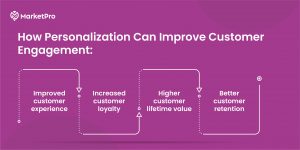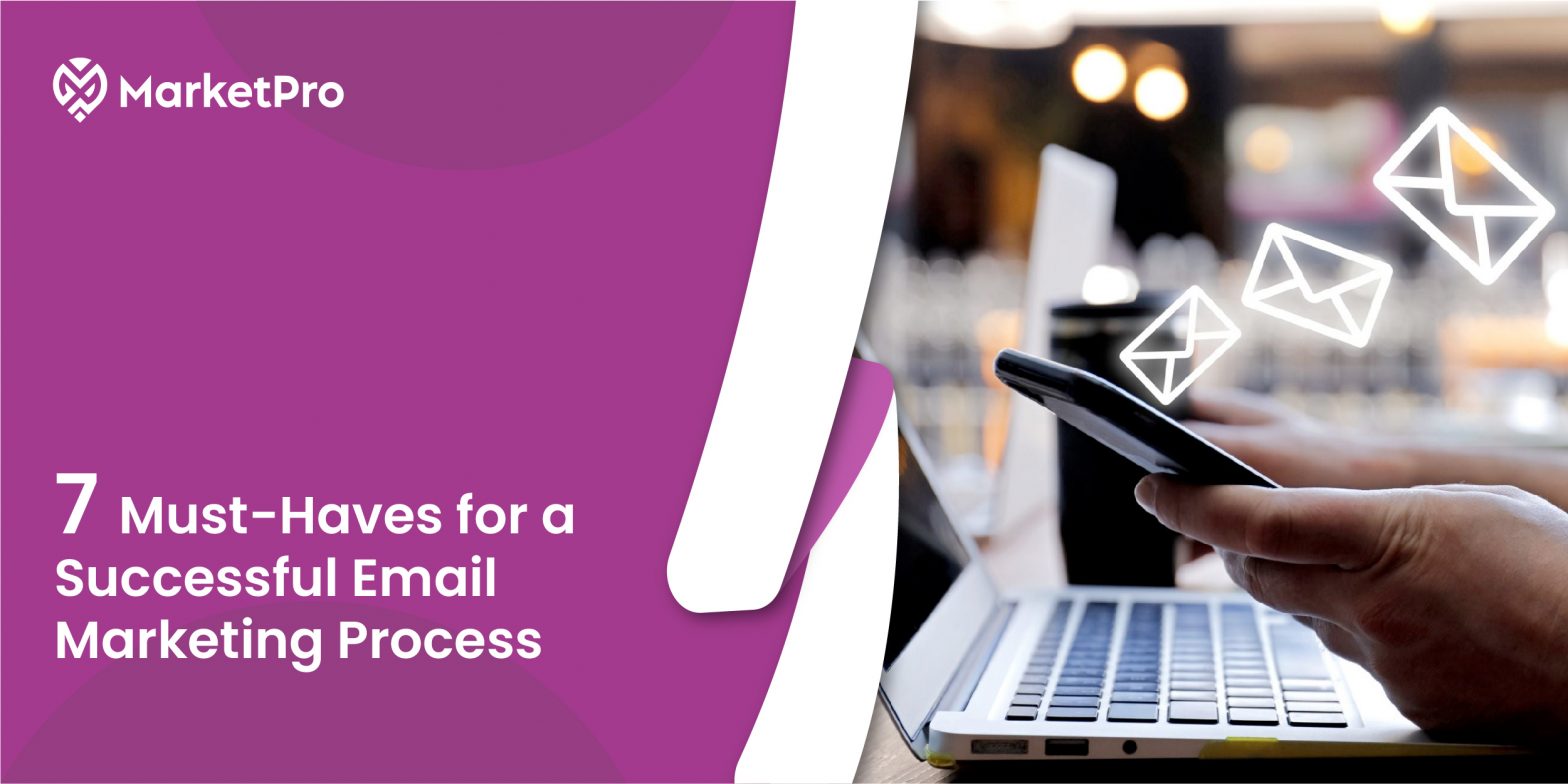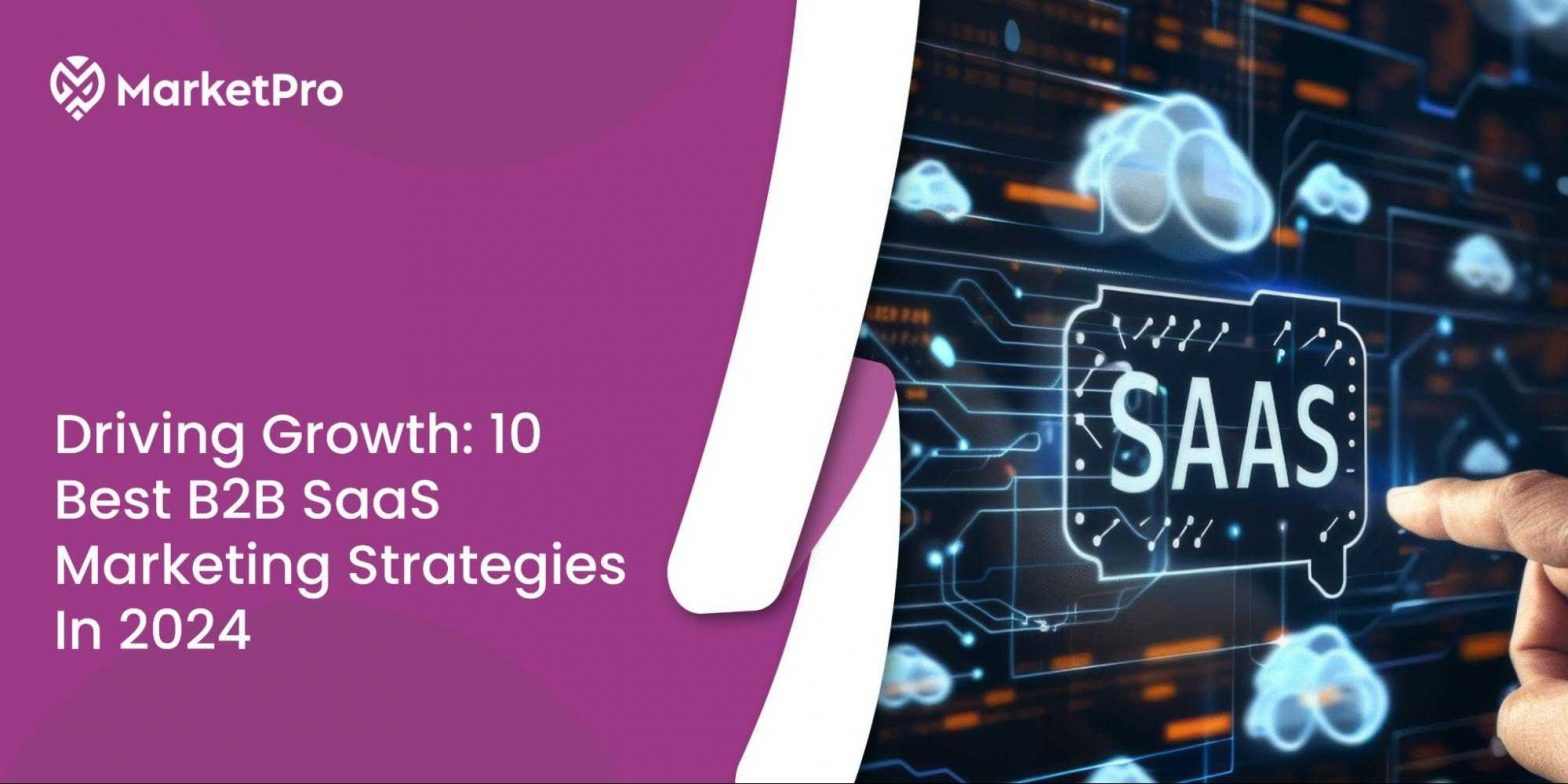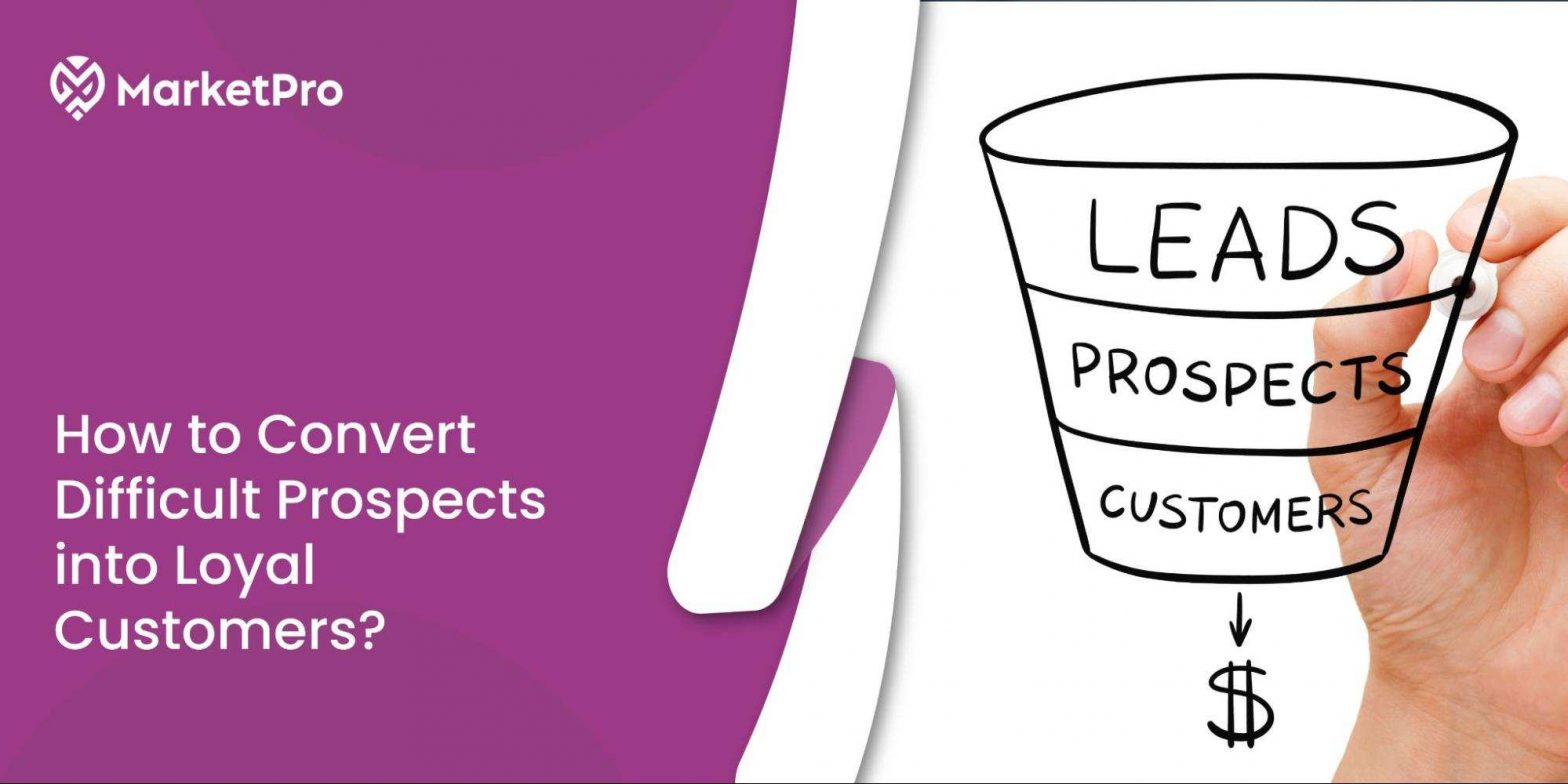7 Must-Haves for a Successful Email Marketing Process
Are you struggling to get your email marketing campaign off the ground? Don’t worry, you’re not alone. Email marketing process can be tricky, but with the right strategy in place, it can drive real results for your business.
Email and social media marketing has become a cornerstone of modern marketing. With 4.48 billion email users worldwide as of 2023, businesses are eager to leverage this medium to reach and engage their target audience. However, simply sending out generic email campaigns isn’t enough to make a real impact.
A Tailored Approach
To succeed in email marketing, businesses must take a tailored approach that speaks directly to their target audience. This includes determining who their ideal consumer is, as well as their needs and problems. Businesses may use this data to develop content relevant to their target audience and provide actual value.
By taking a tailored approach, businesses can increase the effectiveness of their email campaigns. They may increase open and click-through rates, strengthen relationships with subscribers, and ultimately generate more sales.
Businesses must devote time and resources to developing a customized strategy that communicates directly to their target audience and provides actual value. Below are the 7 must-haves for a successful and winning email marketing process.
1. An Email Marketing Agency
When it comes to email marketing process, partnering with an email marketing agency can be the difference between a mediocre and a successful campaign. Email marketing agencies have the expertise and resources to create compelling email campaigns that engage and convert subscribers. They can help businesses with list management, email design, and A/B testing to ensure the highest level of performance. According to McKinsey & Company research, email marketing is 40 times more successful than social media in attracting new clients. Investing in an email marketing agency that can give the expertise and resources to generate outcomes is therefore critical.
2. Personalization
A successful email marketing service must be personalized. The more an email is personalized, the less likely it is to get lost in the spam folder. Moreover, addressing subscribers by their names can make them feel important. Also, by tailoring content according to subscribers’ interests, businesses can create a more engaging experience. As reported by Epsilon, customized emails have a 29.9% greater open rate than generic ones. By personalizing email campaigns, businesses can increase engagement rates, build stronger relationships with subscribers, and achieve higher conversion rates.

3. A Clear Target Audience
A successful email marketing process requires a clear understanding of the target audience. By understanding the audience’s demographics, interests, and pain points, businesses can tailor their messaging and offer solutions that meet their needs. A study by Campaign Monitor showed that segmented email campaigns have a 14.31% higher open rate than non-segmented campaigns. Businesses can achieve higher engagement rates and increase conversions by segmenting the audience and tailoring messaging. Dividing the target audience into segments can help you personalize the email according to your audience. It has been proven that millennials are interested in seeing infographics, and Gen Z and Gen X react positively to call-to-action buttons.
4. Quality Content
The success of an email campaign is dependent on the quality of its content. Readers are not interested in long paragraphs of your product or service, instead, making it concise and to the point will help grab readers’ interest. The content should be interesting, relevant, and valuable to the subscriber. 43% of subscribers mark emails as spam because of irrelevant content, according to Litmus. Businesses should invest in creating high-quality content that resonates with the audience and delivers value. Quality content is key to achieving a successful email campaign, whether educational, promotional, or entertaining.
5. A Clear Call-to-Action
A clear call to action is essential to the success of an email campaign. The call-to-action should be prominently displayed and encourage subscribers to take action. Whether it’s to download an e-book, sign up for a free trial, or make a purchase, the call to action should be clear and concise. Emails containing a single call-to-action boosted clicks by 371% and sales by 1617%, according to Wordstream.
Naming benefits instead of features can ensure that the customer or subscriber is interested in your email. If an email is too long and beats around the bush about its purpose, it’s more likely than not to get ignored. Therefore, businesses should ensure their email campaigns have a clear call-to-action that drives conversions.
6. Automation
When it comes to B2B email marketing, automation is a game-changer. By automating emails triggered by specific actions, businesses can save time while increasing engagement rates and overall performance. Welcome emails to new subscribers and cart abandonment emails to customers who didn’t make a purchase are just a few examples of automated emails that can make a huge impact.
According to a DMA survey, automated email marketing campaigns had a 45.7% open rate, compared to 18.8% for non-automated emails. That is a significant difference! Businesses may use automation to approach customers at the appropriate moment with the correct message, resulting in improved engagement and, eventually, more sales.
Aside from the obvious benefits of automation, like saving time and increasing engagement rates, it also allows businesses to create more personalized and targeted email campaigns. Businesses can send relevant information that appeals directly to the recipient’s preferences and requirements using data such as prior purchase history and browsing behavior.
Any successful email marketing process must be automated. By automating emails, businesses can see higher open rates, increased engagement, and improved performance across the board.
7. Analysis and Optimization
Finally, analysis and optimization are essential to an effective email marketing process. To acquire insights into the efficacy of their email marketing, businesses should measure essential metrics such as open rates, rates of click-through, rates of conversion, and unsubscribe rates. Businesses may find areas for development and adjust their email marketing process for better outcomes by analyzing data. For example, if a subject line has a low open rate, businesses can test different subject lines to determine which performs better.
Partnering with a competent marketing agency can give businesses the tools and expertise to analyze and optimize their email campaigns. Email marketing agencies can access advanced analytics tools and provide insights and recommendations for improving email campaign performance. By continuously analyzing and optimizing email campaigns, businesses can achieve higher engagement rates, increase conversions, and drive revenue.
Suggested Read: B2B Affiliate Marketing in 2023 – Navigating Through the World of Marketing
How MarketPro Can Help You
Email marketing is still one of the most profitable business marketing methods today. However, it takes more than just a generic email campaign to achieve success. A successful email marketing process requires a personalized approach that resonates with the target demographic. That’s where Market Pro comes in. You can benefit from our knowledge and resources to produce attractive email campaigns that engage and convert subscribers. By following the seven must-haves for a successful email marketing process, you can achieve higher engagement rates, increase conversions, and drive revenue.
Talk to us about your email marketing needs.
Subscribe to get the latest offers, sneak peeks, and updates delivered straight to your inbox! See our Privacy Policy!







